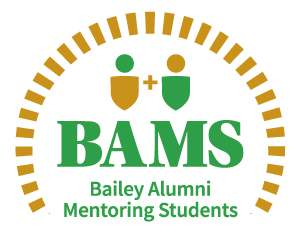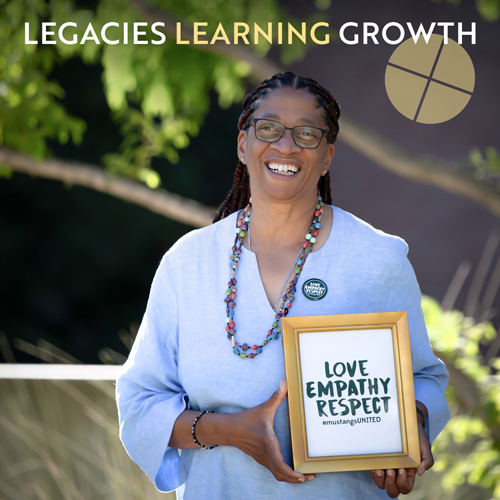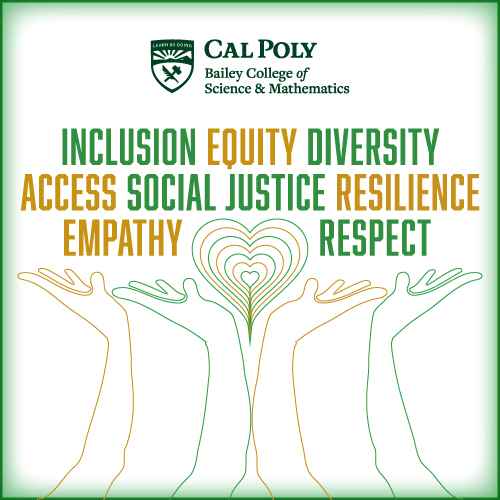Came for the Waves, Stayed for the Animals

Pamela Manning at Freshwater Beach north of Sydney — a prime spot for the waves that brought her to Australia —
and at home with her companions Banjo and Mr. Snuggles.
What motivated Pamela Manning (Biochemistry, ’88) to become the first U.S. citizen to earn a degree in veterinary science from the University of Sydney, Australia? Surfing, of course.
“Everyone was traveling to Australia surfing. Everyone was saying it was like California used to be,” Manning said.
The juncture between geography, recreation, work and giving back that now characterize Manning’s career and lifestyle have roots in her Cal Poly experience.
“I came from a rough area in L.A. Cal Poly was like magic for me, going from density and concrete to those open fields,” Manning said. “I had really beautiful friendships. The education was remarkable.”
Manning knew she wanted to be a vet when she arrived at Cal Poly.
“When I was little I always had pets and really valued their companionship, and when they died, the depth of the loss was very deep,” Manning said. “So I always wanted to help people who had these deep relationships.”
THERE ARE MASSIVE DIFFERENCES IN TREATMENT DEPENDING ON RELATIONSHIPS. IT’S NOT JUST WHAT THE PATIENT HAS. IT’S WHAT THE PATIENT HAS AND WHAT PAGE THE CLIENT IS ON. THE CLIENTS WHO TOUCH ME THE MOST ARE MY MOST VULNERABLE PEOPLE.
—PAMELA MANNING
Manning currently splits her time between teaching vet students at the University of Sydney and working with the Royal Society for the Prevention of Cruelty to Animals (RSPCA). In the latter role, she works in economically disadvantaged locations on the outskirts of Sydney. Serving animals and people in a variety of settings, Manning has developed the approach of treating people and their pets as a unit.
“They’re really one, the client (human) and the patient (animal),” Manning said. “There are massive differences in treatment depending on relationships. It’s not just what the patient has. It’s what the patient has and what page the client is on. The clients who touch me the most are my most vulnerable people.”
Twice a year, Manning travels to aboriginal communities in remote areas of Australia to volunteer with the organization Animal Management in Rural and Remote Indigenous Communities. In these areas, an overpopulation of dogs — as well as cats, pigs, donkeys and camels — causes health problems for children, such as worms or infections that can lead to heart lesions or rheumatic heart disease.
“Desexing (known as spaying and neutering in the U.S.) outdoors is really lovely,” Manning said. “You set your surgery table outside and desex all day with the vista of the desert in front of you. You get 360-degree sunset views. Little kids come and watch. Dogs wake up and wander home.”
Serving people, serving animals and enjoying the great outdoors — all in a day’s work down under.
Read more about Cal Poly in Australia





